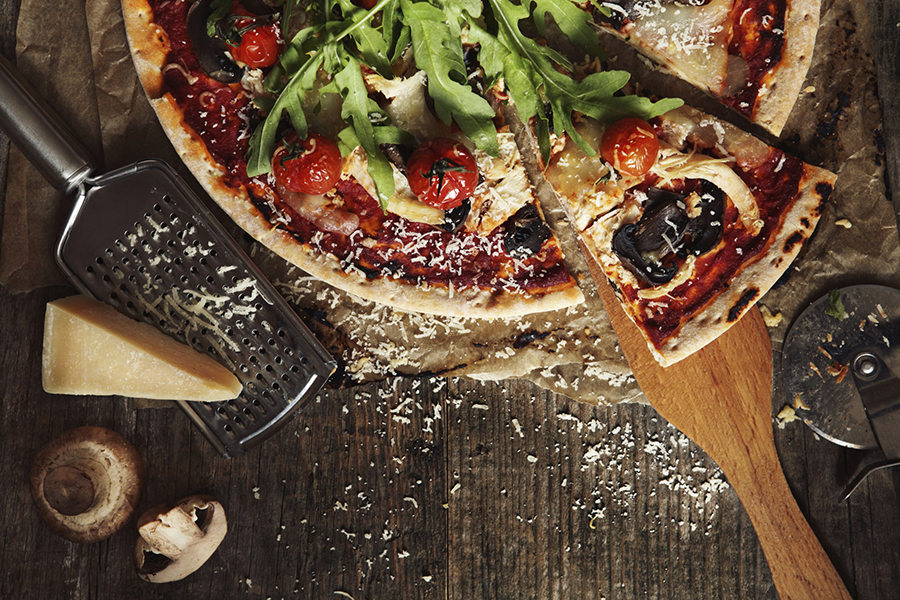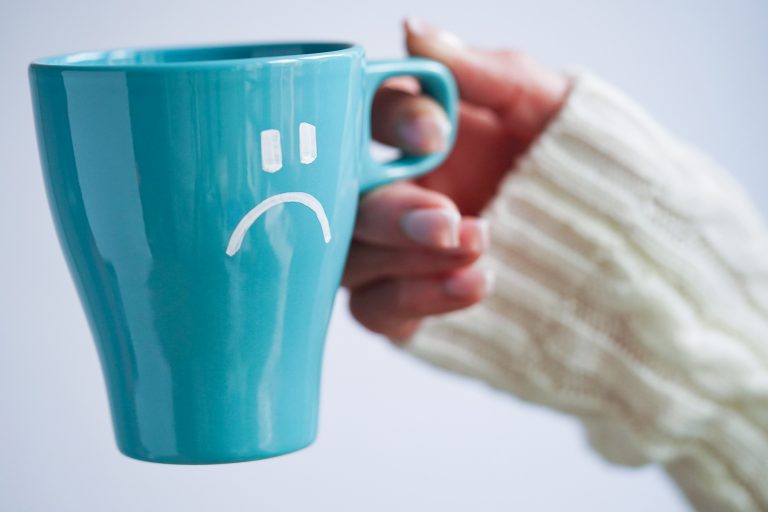Here at The Bridge, we take a holistic approach to addiction recovery and rehabilitation. We believe that there are so many factors that have contributed to the addiction and so many ways that this addiction has damaged the body and mind. This means that as well as offering a safe place to recover and receive treatment, in the form of our private rehabilitation centre, we also need to focus on building strength and resilience in your body and mind and undoing the negative effects of so many years of addiction.
Our experience is that addiction often leads to neglect. All an addict’s focus is on making sure they have access to drugs, or alcohol and often hiding their problem. This leads them to forget the importance of eating regularly and staying hydrated. Over a sustained period, this can leave them malnourished, dehydrated and weak. Sadly, the fatigue and depression which comes from this level of nutritional deficiencies can push them further into their addiction and exacerbate the downward spiral. However, the good news is that with nutritional rehabilitation many mental health issues can improve!
What is nutritional rehabilitation?
At our inpatient rehabilitation centre we are definitely not encouraging clients to cut out food groups nor pursue intentional weight loss. Instead, we’re addressing the nutritional deficiencies that they have, by first identifying them and then giving them healthy, varied food to reverse them. At the same time, we’re unpicking the complex relationship they may have with food and teaching them how to practice self-care through eating well and looking after their body.
Every patient is different and as part of our bespoke addiction treatment programmes we work with them to prepare them for the outside world in a way that is suitable for them. In many cases, there’s a need to teach them the very basics of nutrition, encourage them to try new foods, and skill them in how to prepare and cook them.
We work with every person to find their happy balance and understand how to fuel their body to support their recovery in the short and long term. We also teach them why moralising food into ‘good’ and ‘bad’ is detrimental and how nutrition can support their mental health. Common habits such as restricting food groups, under-eating and overloading on caffeine, all have a role in affecting our mood, therefore our recovery.
How does nutrition influence mental health?
There are a host of studies which have shown that nutrient deficiencies can lead to poor mental health and that addressing these imbalances can make an enormous impact on dealing with a mental health issue such as depression or addiction. Research has shown there’s a connection between nutritional deficiencies and sub-normal brain function.
Carbohydrates are great sources of fibre, which has a surprising link to good mental health. Feel good chemicals such as serotonin are actually produced in the gut. These travel between the gut and the brain, so an unhealthy gut can lead to poor mental health and a depleted immune system.
Our top tips for improved health and function
- Aim to start your day with breakfast. It can be hard when you don’t wake up hungry, or you’re short of time. However, getting some food in your body within the hour you wake up will set your blood sugar on the right track, helping with your mood!
- Incorporate all food groups! There is a place for chocolate, cake – a little bit of what you fancy – alongside eating fresh fruit and veg. Sugar and fats are vital for everyone, especially those in early recovery, and restricting these food groups can cause problems later on.
- Look at your caffeine intake. We get a lot of false energy from caffeine, and it can act as an appetite suppressant. We suggest that clients limit their intake after midday – this will also ensure better sleep habits.
- Aim for a varied diet. Of course, we all have our go-to meals, but ensuring a wide range of different meats, fish, vegetables, types of carbohydrate and even methods of cooking, means we are staying flexible in our eating habits as well as getting an array of different vitamins and minerals.
If you’re trying to quit drugs or get help with addiction in general you do not want to be trying to cut down or limit yourself. Add things into your diet rather than remove them and enjoy how they taste and make you feel better in the short and long term.
Food is an amazing tool in dealing with addiction. Alongside addiction treatment and commitment to being clean and sober it can help you break free from this destructive cycle and live a happy and healthy life.
Our luxury addiction treatment centre offers qualified and experienced professionals who can support you through a wide range of therapies and treatments. With the focus on getting to the root of the problem and building up your strength and resilience through therapy, support groups, food, exercise and preparation for the outside world, you’ll leave us ready to face a life without drugs and alcohol and really thrive. Contact us to find out more about our luxury rehab facilities and talk to our kind and qualified team to find out how we can help you.




